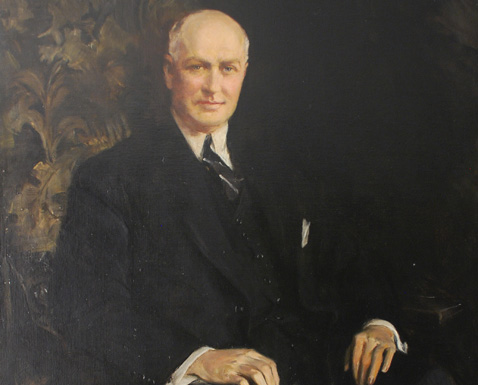passeggiata
n. a leisurely walk
In the ancient world, distances were sometimes measured by pacing. Specialists known as bematists were employed for this purpose in both Egypt and Greece, and their accuracy could be startling: In his Naturalis Historia, Pliny the Elder notes that two bematists employed by Alexander the Great had measured the distance from Hecatompylos to Alexandria Areion on the Silk Road at 851 kilometers. The actual distance is 855 kilometers, a deviation of just 0.4 percent. In general, according to Pliny’s records, Alexander’s bematists showed a median deviation of just 2.8 percent from the true distances; a separate account by Strabo shows a median deviation of only 1.9 percent.
This accuracy suggests that the bematists may have been using an early odometer, such as one described by Heron of Alexandria, though the records don’t mention this.
12/30/2023 UPDATE: Reader Charlotte Fare has made a data visualization. (Thanks, Charlotte.)


